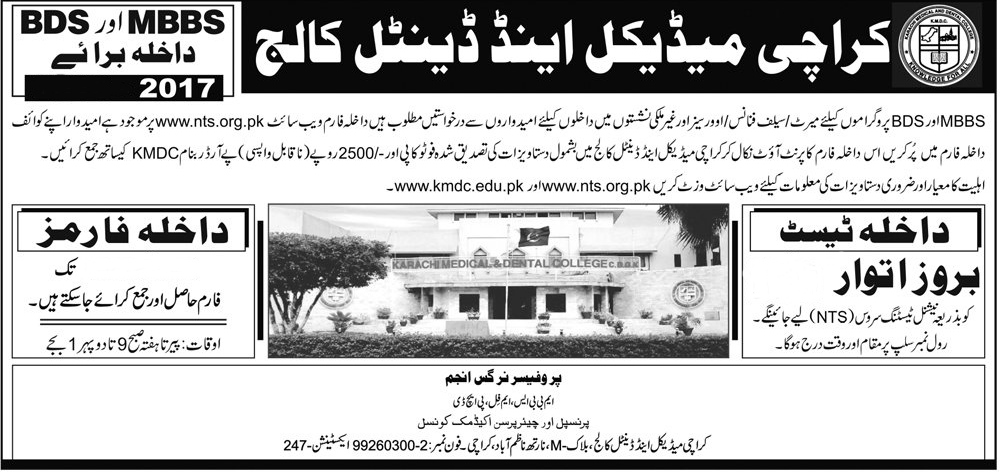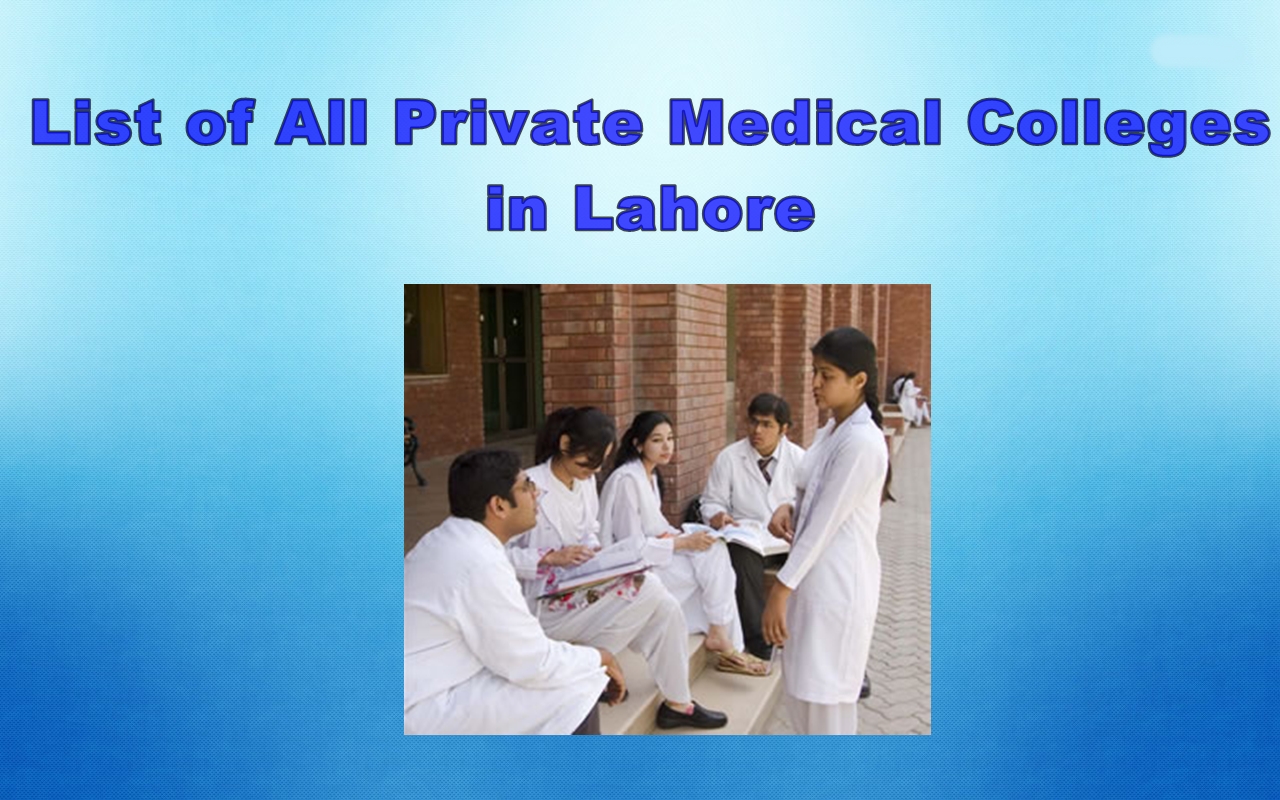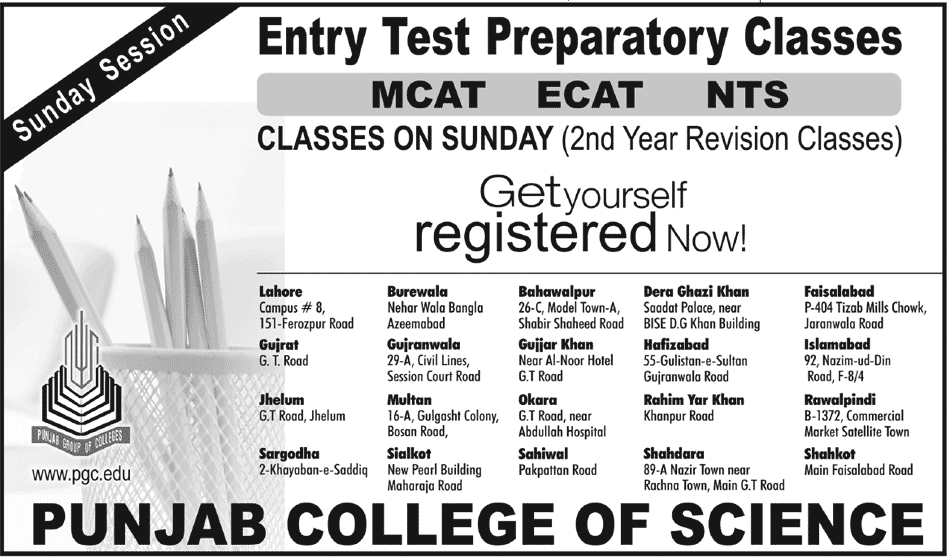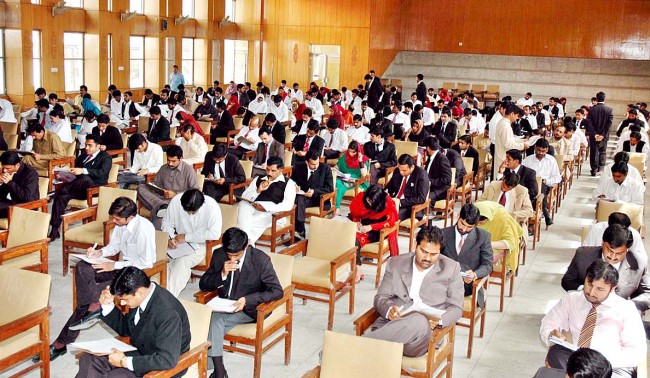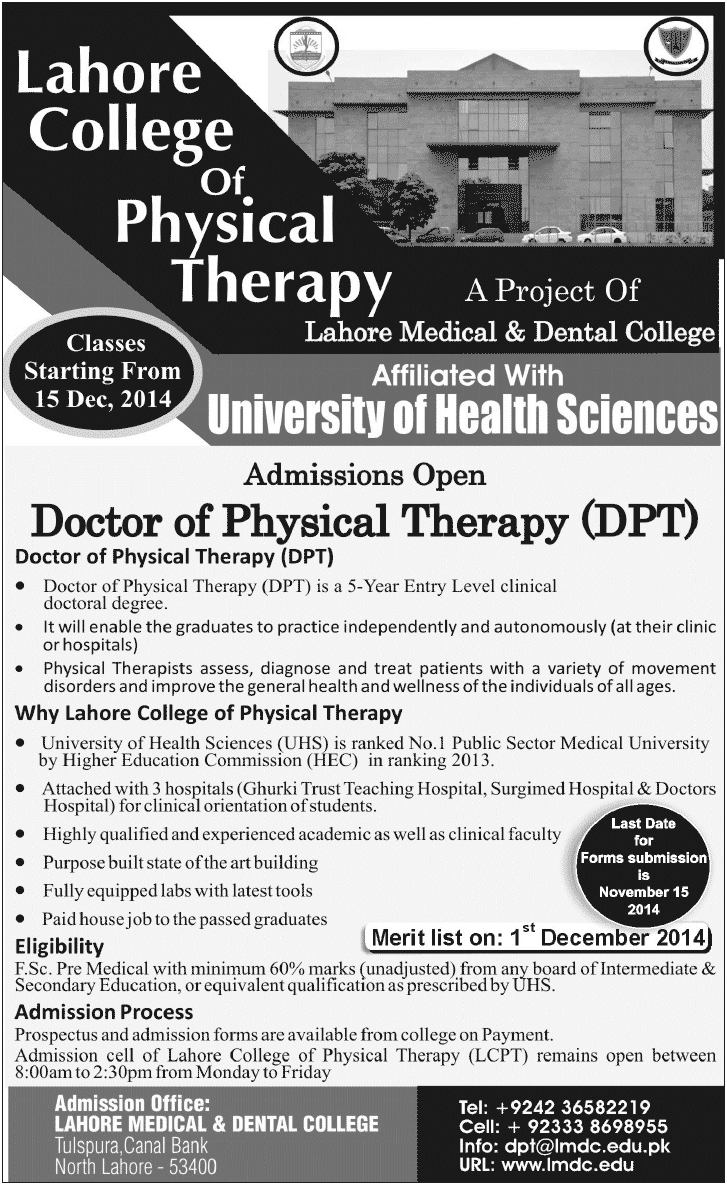Securing admission to a medical college in Pakistan is a rigorous yet rewarding journey. Prospective students must navigate a complex array of requirements, from academic qualifications to entrance exams and application procedures. Understanding these requirements thoroughly ensures better preparation and enhances the likelihood of success.
A Comprehensive Guide on Requirements of Admission in Medical Colleges in Pakistan
Students who are interested in taking admission to the medical field can now collect all the information about medical college requirements. Complete the guide with step-by-step discussions with proper details.
Understanding the Eligibility Criteria
Eligibility criteria for medical colleges in Pakistan typically include academic qualifications, age limits, and nationality requirements. Here’s a closer look at each of these factors:
- Academic Qualifications
To be eligible for admission to a medical college in Pakistan, candidates must have completed their higher secondary education (FSc Pre-Medical) with a minimum of 70% marks. This qualification must include subjects such as Biology, Chemistry, and Physics. Alternatively, candidates with equivalent qualifications like A-Levels are also considered, provided they meet the equivalency standards set by the Inter Board Committee of Chairmen (IBCC).
- Age Limit
While there is generally no specific age limit set by many medical colleges, candidates are typically expected to be within the age range suitable for pursuing a rigorous academic and professional training program.
- Nationality
Candidates must be Pakistani nationals or hold dual nationality with Pakistan. International students or overseas Pakistanis are also eligible, provided they meet the specific requirements laid out for foreign applicants.
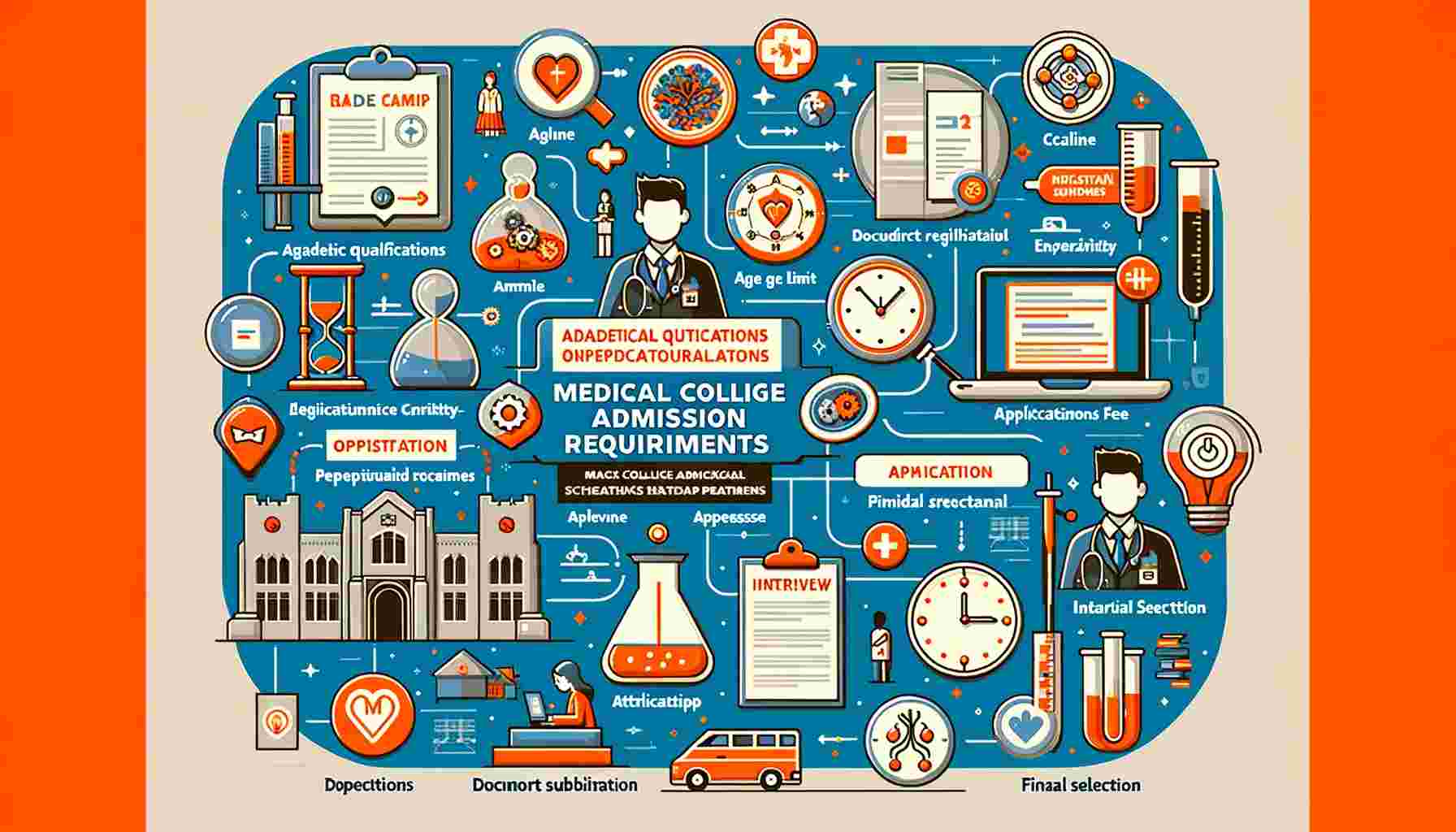
Entrance Exams: The Key to Admission
Entrance exams play a pivotal role in the admission process for medical colleges in Pakistan. The most common entrance exam is the Medical and Dental College Admission Test (MDCAT), conducted by the Pakistan Medical Commission (PMC).
- MDCAT Overview
The MDCAT is a standardized test that assesses candidates’ knowledge and aptitude in subjects like Biology, Chemistry, Physics, and English. It is a multiple-choice exam designed to evaluate the readiness of students for medical education.
- Preparing for MDCAT
Effective preparation for the MDCAT involves a combination of a thorough understanding of the syllabus, regular practice through mock tests, and staying updated with any changes in the exam pattern or syllabus. Enrolling in preparatory courses or coaching centers can also provide structured guidance.
Application Process: Step-by-Step Guide
The application process for medical colleges in Pakistan involves several steps, each of which must be completed meticulously to avoid any errors that could jeopardize admission prospects.
- Online Registration
Most medical colleges require candidates to register online through their official admission portals. This step includes creating an account, filling out personal details, and uploading necessary documents.
- Submission of Documents
Candidates must submit a variety of documents as part of their application. These typically include:
- Academic transcripts and certificates
- National Identity Card (CNIC) or B-Form
- Recent passport-sized photographs
- MDCAT scorecard
- Application Fee
An application fee is usually required, which can be paid through designated bank branches or online payment methods. It is essential to keep the payment receipt as proof.
- Selection Process
After the submission of applications, medical colleges typically shortlist candidates based on their academic records and MDCAT scores. Shortlisted candidates are then invited for interviews or further assessment, depending on the college’s specific admission criteria.
Interview and Final Selection
The interview process is a crucial step in securing admission to a medical college. It provides the college with an opportunity to assess the candidate’s communication skills, motivation, and suitability for a medical career.
- Preparing for the Interview
Preparation for the interview involves:
- Understanding common interview questions and practicing responses
- Staying informed about current medical issues and developments
- Demonstrating a clear motivation for pursuing a career in medicine
- Final Selection
The final selection of candidates is based on a combination of academic performance, MDCAT scores, and interview results. Successful candidates receive admission offers, which they must accept within a stipulated time frame.
Financial Considerations and Scholarships
Medical education in Pakistan can be expensive, but various financial aid options and scholarships are available to deserving candidates.
- Tuition Fees
Tuition fees vary significantly between public and private medical colleges. Public colleges generally have lower fees compared to private institutions.
- Scholarships and Financial Aid
Several scholarships are available based on merit and need. Organizations such as the Higher Education Commission (HEC) and various non-governmental organizations offer scholarships to support students financially.
Securing admission to a medical college in Pakistan requires a comprehensive understanding of the eligibility criteria, diligent preparation for entrance exams, meticulous completion of the application process, and effective preparation for interviews. By staying informed and prepared, prospective students can enhance their chances of gaining admission to a reputable medical institution and embarking on a successful medical career.

